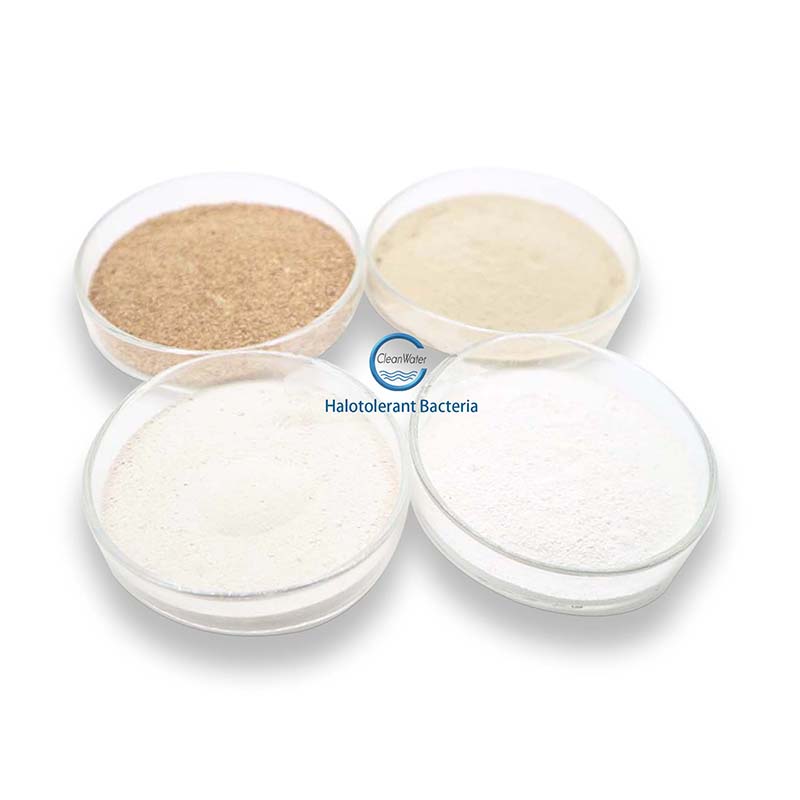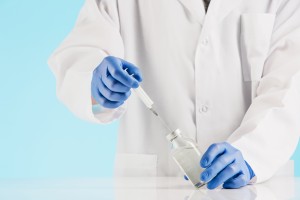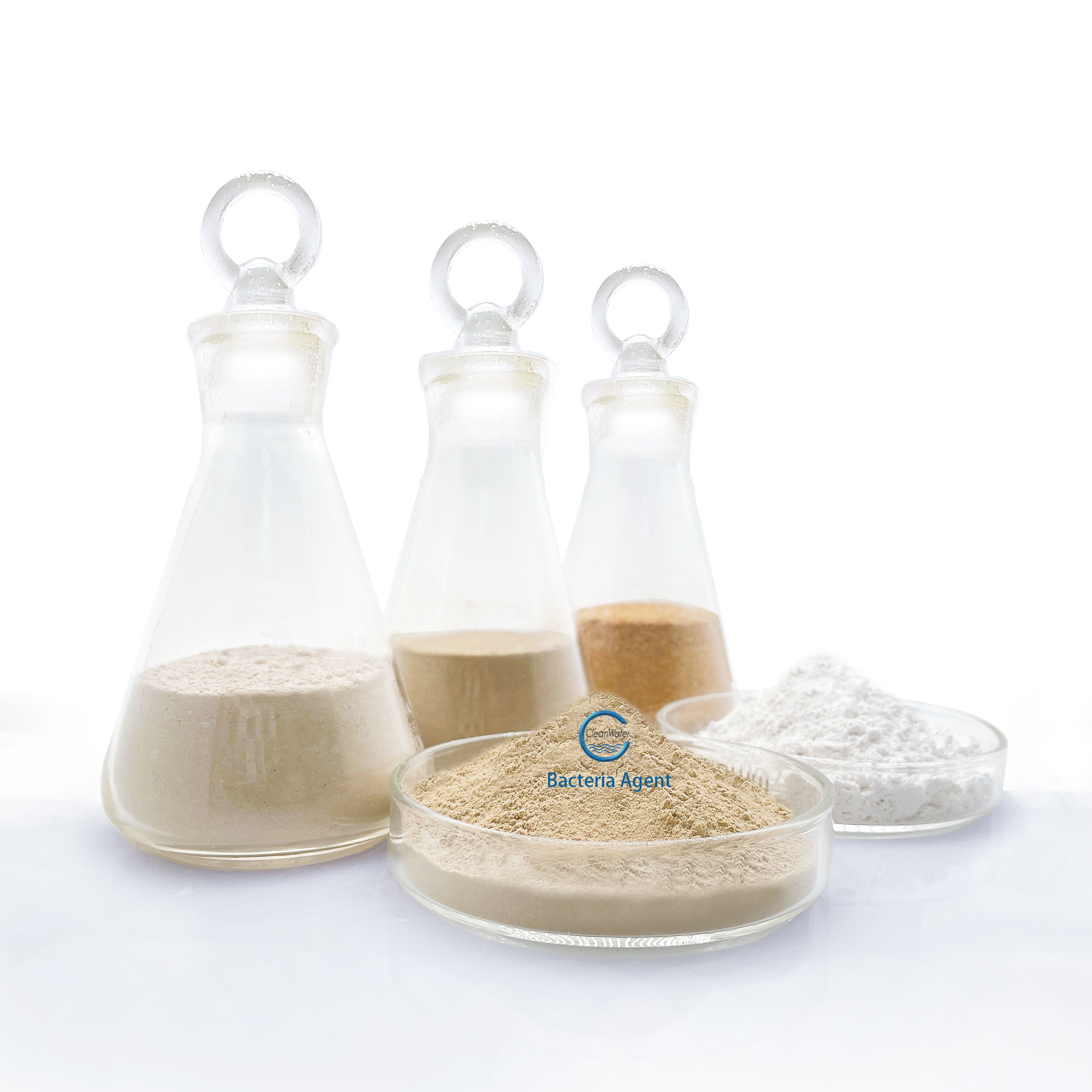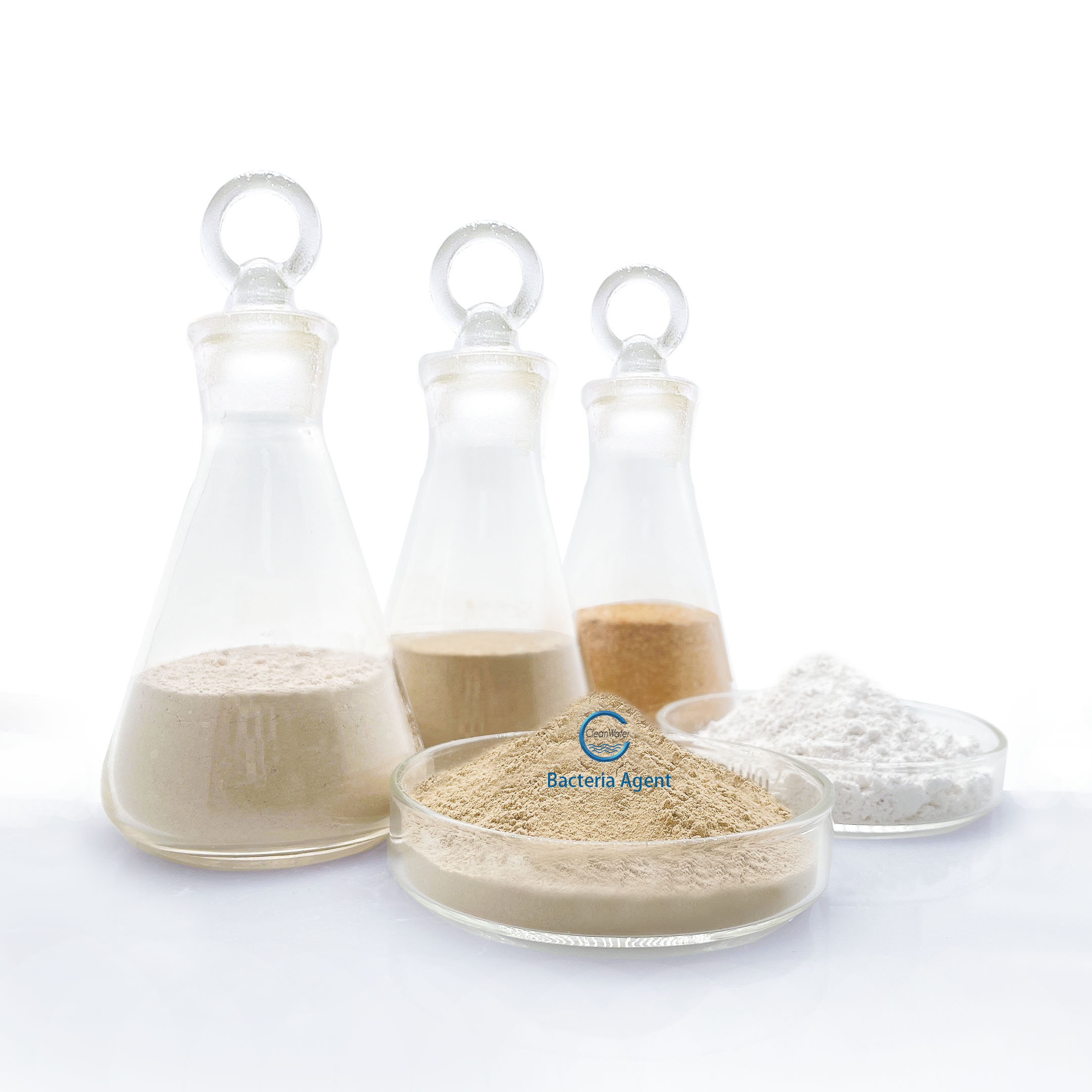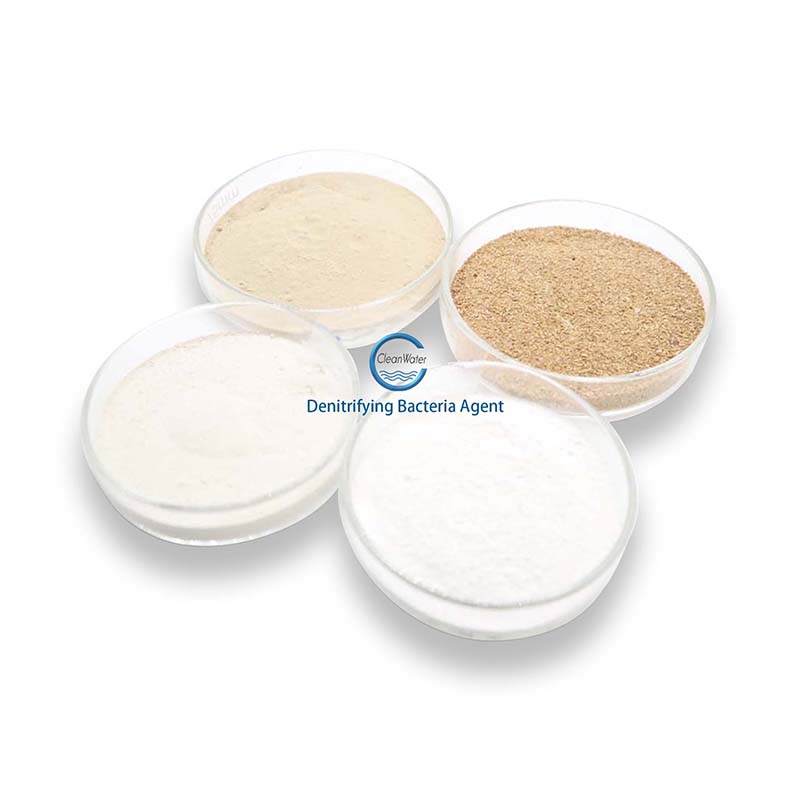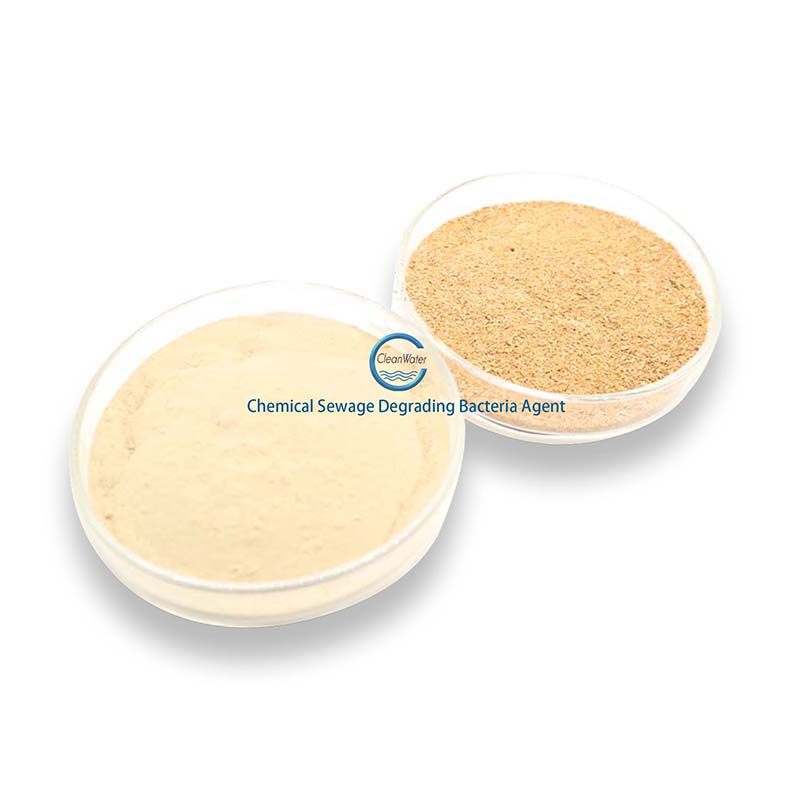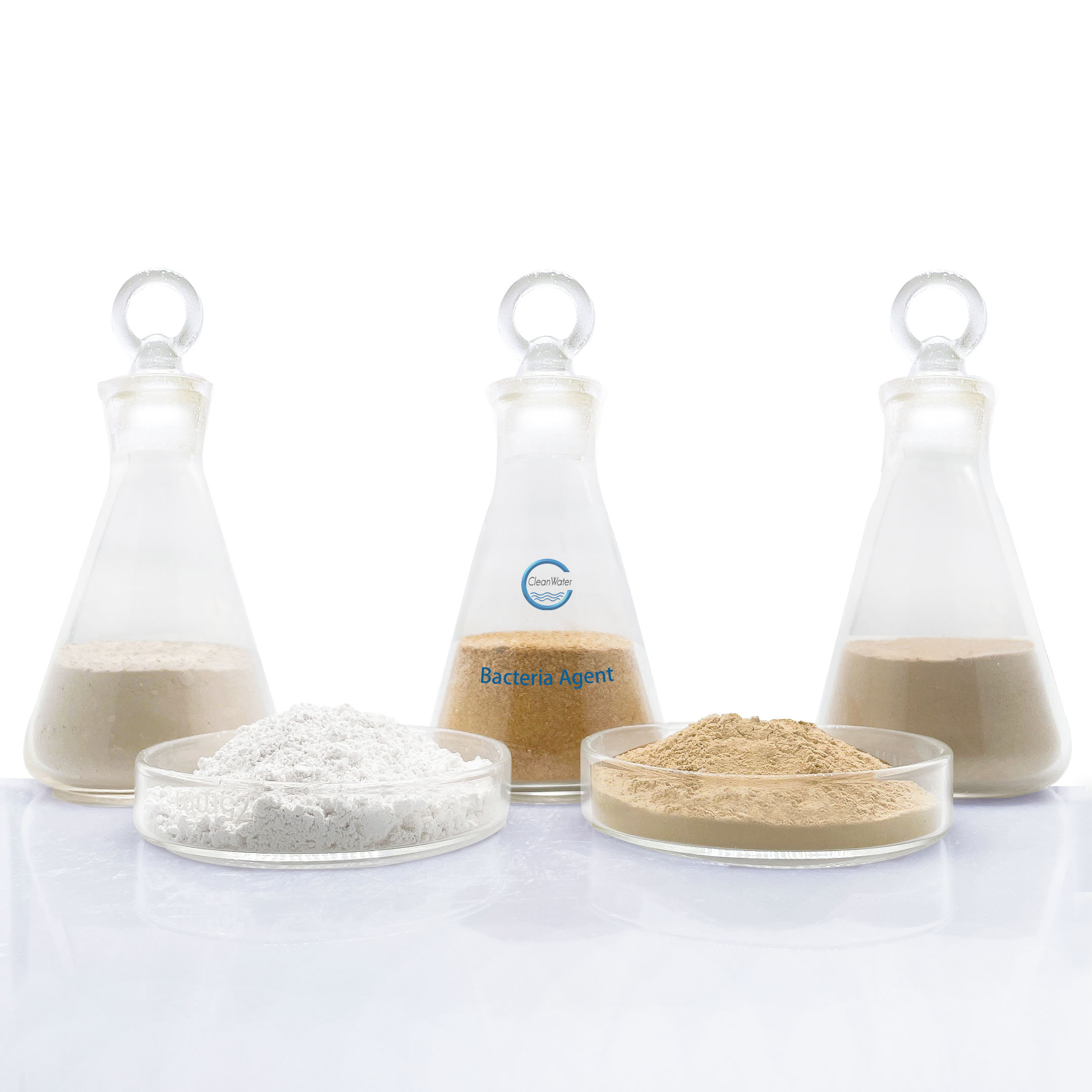Halotolerant Bacteria
Description
Application Field
Municipal sewage, chemical sewage, printing & dyeing sewage, landfill leachats, foodstuff sewage and other anaerobic system for industry wastewater.
Main Functions
1. If the salt content in sewage reaches 10%(100000mg/l),the bacteria will take acclimatiion and biofilm formation on biochemical system quickly.
2. Improve the efficiency of organic pollutant removal,to make sure the BOD,COD&TSS content is OK for brine sewage.
3. If the electric charge of sewage has large fluctuation,bacteria will strengthen the settleability of sludge to improve the effluent quality.
Application Method
Calculated by Biochemical Pond
1. For industrial sewage,first dosage should be 100-200 gram/m3
2. For high biochemical system,dosage should be 30-50 gram/m3
3. For municipal sewage,dosage should be 50-80 gram/m3
Specification
The test shows that the following physical and chemical parameters for bacterial growth is most effective:
1. pH: In the range of 5.5 and 9.5, most rapidly growth is between 6.6-7.4 , the best efficiency is at 7.2.
2. Temperature: It will take effect between 10℃-60℃.Bacteria will die if the temperature is higher than 60℃. If it is lower than 10℃, it will not die ,but the growth of bacteria will be restricted a lot. The most suitable temperature is between 26-31℃.
3. Micro-Element: Proprietary bacterium group will need a lot of elements in its growth , such as potassium, iron, sulfur, magnesium, etc. Normally , it contains enough elements in soil and water.
4. Salinity: It is applicable in salt water and fresh water ,the maximum tolerance of salinity is 6%.
5. Poison Resistance: It can more effectively resist chemical toxic substances, including chloride, cyanide and heavy metals, etc.
*When the contaminated area contains biocide,need to test the effect to bacteria.


